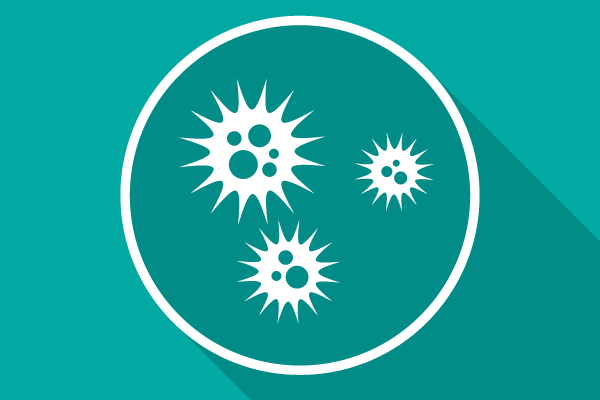NIH Encourages Studying the Social Contagion of Substance Abuse
Social network theorists invited to provide insights into the prediction and prevention of substance abuse

The National Institute on Drug Abuse (NIDA) has issued a Notice of Special Interest inviting grant applications proposing to study the social contagion of behavior and substance abuse. Proposed research should apply social network theory—the study of how people, organizations, and groups interact in a network—in its work. According to NIDA, social network theory and analysis have aided in the study of other recent public health issues.
Social contagion, defined by NIH, is the “spread of affect or behavior from person to person and among larger groups.” NIDA recognizes “social network theory can also be applied to chronic behavioral conditions, including substance use disorders, as social factors and their interactions with age and sex are important determinants of substance use.”
Models that examine how substance abuse and peer use/misuse develops in peer groups should make use of big data sets and data science to form computational models required for social network analysis.
NIDA has expressed interest in this research area for applications submitted from February 5, 2020 through January 8, 2023.
Do you know NOSI? NIH uses notices of special interest (NOSI) to stimulate research in high-priority and high-opportunity areas of science. They highlight interest in a research area that does not have set-aside funds or special review criteria or review considerations.




APS regularly opens certain online articles for discussion on our website. Effective February 2021, you must be a logged-in APS member to post comments. By posting a comment, you agree to our Community Guidelines and the display of your profile information, including your name and affiliation. Any opinions, findings, conclusions, or recommendations present in article comments are those of the writers and do not necessarily reflect the views of APS or the article’s author. For more information, please see our Community Guidelines.
Please login with your APS account to comment.